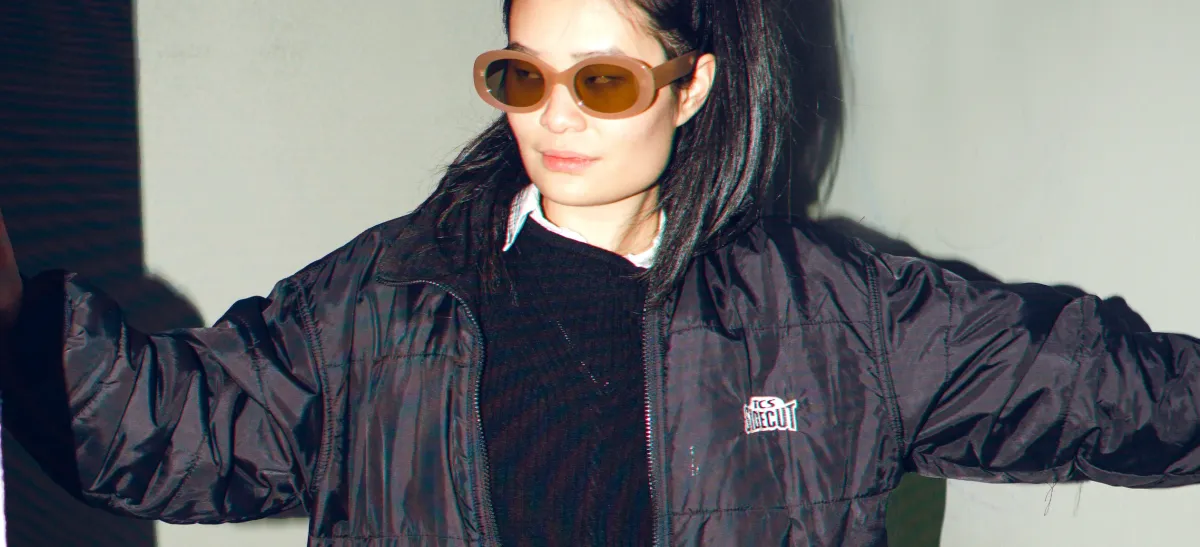Why We Need Spaces to Discuss Disabled Joy in All Its Complexity Rather than Inspiration
There is still a lack of authentic disabled stories in the mainstream media, despite the fact we make up 22% of the UK population.

Access the Audio Read version of this article directly on Spotify for Podcasters.
"We should be able to create stories about whatever we like, with all emotions equally welcome including – perhaps, especially – those that challenge mainstream ways of seeing disability."
Patronising stereotypes. Sob stories. Homogenous representations of disability. Inspiration porn. Sadly, all these tropes will be familiar to disabled people, who so rarely get authentic, nuanced representation. Whether it’s in TV, books or movies, or voices in journalism, there’s a resounding lack of authentic disabled stories that are given mainstream attention, despite the fact we make up 22% of the UK population. And when we do get heard, we are often expected to speak from a place of pain, trauma, or suffering. Of course, disabled people should be able to write and talk about whatever they want, including these topics – but that’s precisely the problem. When only one narrative is prioritised, it closes down space for others.
There’s a societal idea that disabled bodies are public property, and by extension, so is our trauma. The harassment and violence that disabled people often face, and the still frequently held idea that disabled people can’t enjoy full lives, seeps out into the kind of stories that we’re allowed to tell. Highlighting our suffering is often more palatable to mainstream narratives because it doesn’t challenge societal understandings about disability – it paints disabled trauma as the norm but also as something individual rather than systemic.
If a disabled person does want to speak about their trauma, that’s absolutely their choice, and can be cathartic and raise awareness. But issues arise when there aren’t opportunities to speak about other topics, and these are the only stories that are amplified. We have so many more stories to tell than those solely centred on pain.
At the other end of the spectrum, if space is made for ‘happy’ stories by or about disabled people, there’s often an expectation that this will come from a point of ‘inspiration’. These narratives tend to focus on ideas of ‘overcoming’ disability or doing what are billed as achievements ‘in spite of’ someone being disabled. More often than not, they are written by someone non-disabled and turn a disabled person into a hero simply for doing something – often a physical feat or professional success - whilst disabled. Whilst it’s great to celebrate disabled people’s wins, this kind of toxic positivity is frequently patronising, and can hold disabled people up as an inspiration to non-disabled people – it can seem like it’s saying ‘if someone disabled can do this, then anyone can’, which is othering and harmful.
It’s hugely important for disabled people to be able to see and create stories about themselves that extend beyond these two polarised binaries. Seeing and hearing nuanced portrayals of disabled joy and happiness helps disabled people see reflections of themselves, and allows currently non-disabled people to understand more about how hugely varied experiences of disability are.
Representation is far from the only thing necessary to tackle the systemic ableism in the UK, but it is important in providing community and solidarity, and a break from what can seem like relentless ableist media.
And the importance of letting disabled people express their multitudes extends beyond the positive impact on disabled mental health. It’s also about the way this polarisation makes non-disabled people view the disabled community as a whole. If there are hardly any mainstream representations of disabled people experiencing joy or pleasure or contentment, it feeds into a narrative that our lives are uniquely miserable and painful. Whilst there are factors that can make the lives of disabled people more difficult – especially systemic societal ableism and state failures in terms of healthcare, financial support, and social care – this does not stop us from living full lives. And the idea that we don’t live full lives can create a vicious cycle which is used to further devalue our lives, making it harder for our voices to be heard.
Slowly, we are starting to see more authentic representations of disabled and neurodivergent joy, and this is already making a difference. An important example of this are the hugely popular middle-grade books written by the children’s author Elle McNiccoll. Elle is autistic and her award-winning books feature neurodivergent main characters. These characters encounter difficulties, challenges, and discrimination, but they also get to pursue their passions, special interests, and friendships. When I read Elle’s first book, A Kind of Spark, I cried – I wish I’d got to read a story like this when I was growing up. This is precisely why I won’t stop fighting for disabled people’s right to their own stories, whatever they might be about, however messy they might be, however loudly they want to shout about disabled joy from the rooftops. Or not. That’s the point: we should be able to create stories about whatever we like, with all emotions equally welcome, including – perhaps, especially – those that challenge mainstream ways of seeing disability.





